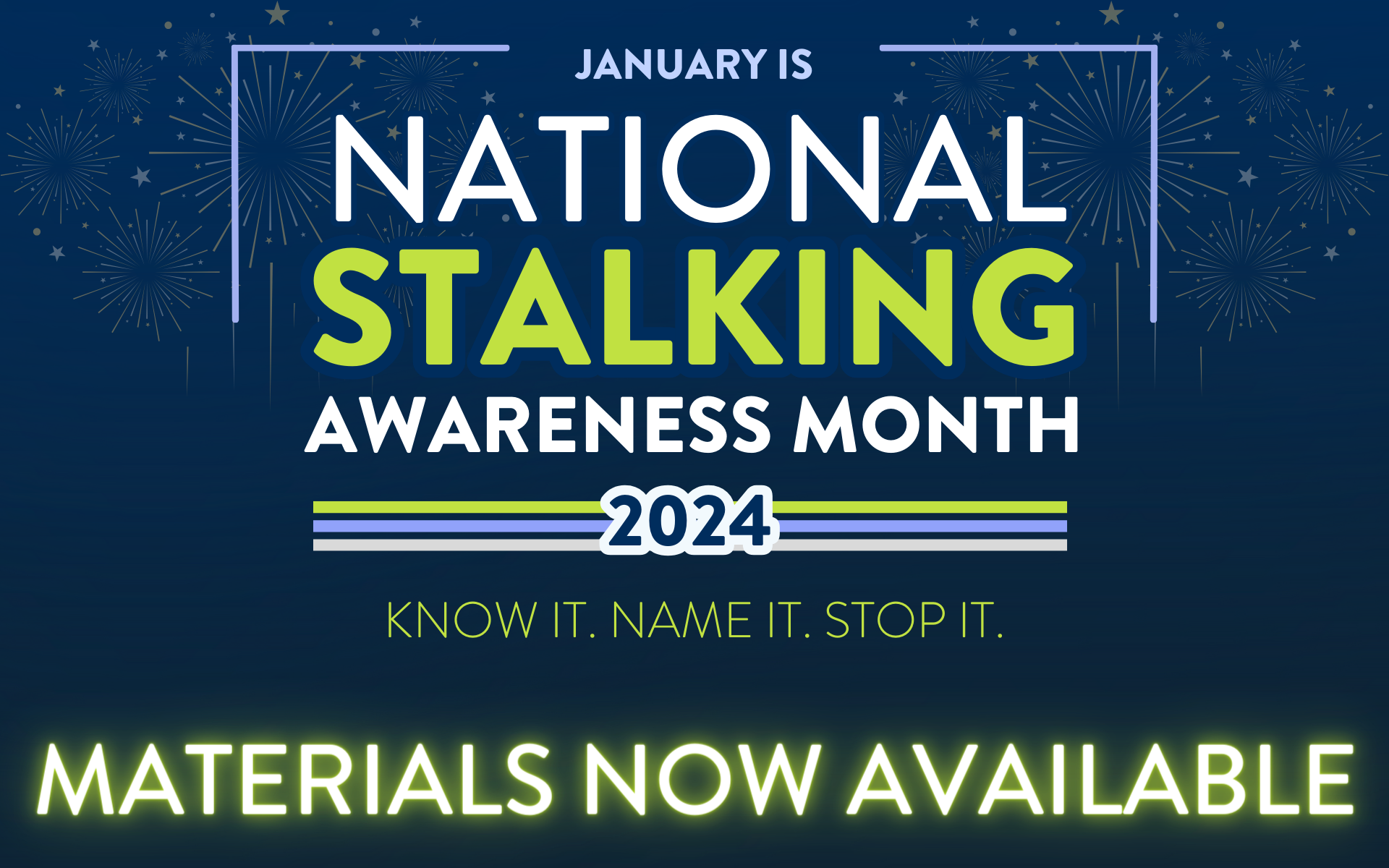As we commemorate National Stalking Awareness Month and Data Privacy Day today, we recognize four pillars to ensuring both consumer and survivor well-being: Safety, Privacy, Security, and Access. These pillars are the foundation that guides our work every day in helping to safeguard technology safety for all. While all of these go hand-in-hand, we’ll look at each one below.
Safety: In today’s digital age, survivors have an exhausting list of considerations to protect their information and their safety. Whether protecting location, online activity, home, and work addresses, or children’s whereabouts, so much of this is critical for a survivor’s safety. Survivors have a right to technology and shouldn’t have to choose between staying safe and using a device or platform. Many people rely on the internet to shop, look for jobs, search for resources, maybe even conduct business as part of their livelihood. Strong privacy and security policies and settings, along with access to technology, help keep all of us safe.
Privacy: Today is Data Privacy Day, but survivors and consumers alike always have a need for privacy. Whether a person wants to make sure that their accounts are private from the prying eyes of family members or future employers, or survivors of stalking who need to know the platforms they use do not share information with others, privacy benefits everyone. Strong privacy policies, settings, and protections mean that survivors and consumers can have one more way to take back control over their digital lives.
Security: Having a secure way to communicate with trusted individuals, seek online resources or help, or have a place to store legal, health, or other personal documents is incredibly important. As consumers, we share our information when using online spaces, services, and apps and hope that it remains secure. Strong security measures help ensure that personal information does not get into the wrong hands.
Access: Building a platform that is intentional in centering the needs of survivors and consumers means considering the accessibility needs of those who live with disabilities, speak another language, or have culturally-specific privacy and safety needs. Built from these perspectives, technology can be used by as many survivors and consumers as possible. Accessibility barriers that keep survivors from getting assistance can be a significant safety risk. Making sure that we have accessible products, platforms, and technologies should be a core tenet of our work.
Building and using technology with all this in mind can be challenging. For survivors, it can be exhausting and terrifying. Fortunately, more and more online platforms and services are building in End-to-End (E2E) Encryption as the default functionality to protect the privacy and security of users and their data. We’re always happy to see these announcements and even more thrilled when the platform has clearly also considered safety and accessibility!
E2E Encryption can be a little hard to understand, but it’s a really important feature to ensure privacy – and if you’re a victim service provider, to protect confidentiality. Safety Net worked with the Internet Society on a new resource to help survivors and service providers understand E2E Encryption more. Whether you’re a technology start-up, a victim service provider, or a survivor – understanding and using E2E encryption can be an important step to prioritizing safety, privacy, security, and ensuring access.
These four pillars guide us in this work and allow survivors and consumers the ability to harness the power to remain online in a safe and meaningful way.




